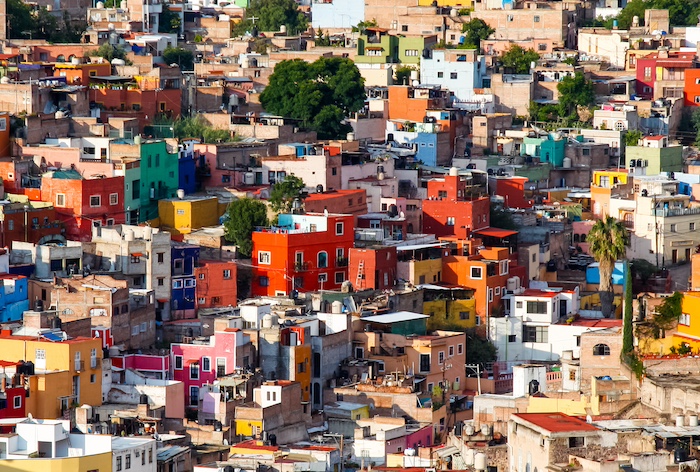Year: 2023-2024
Research Team Type: Student-led
Organizers: Isabel Peñaranda Currie, PhD Student, City and Regional Planning, UC Berkeley; Flavia Leite, PhD Student, City and Regional Planning, UC Berkeley; Laura Belik, PhD Candidate, Architecture, UC Berkeley
With over 80% of its population living in urban centers, Latin America is the most urbanized region in the world. Yet even within a single city, the continent’s urban contexts provide an infinite diversity of realities that have been understood through a spectrum of ideas, movements, and constructions. The Latin American Cities (LAC) Working Group was created to examine the complex transdisciplinary processes through which cities in the continent have been constructed and imagined, and explore the challenges they face in the current age. Our goal is to reflect on the urban context in Latin America through various integrative lenses and approaches of research. How can we understand Latin America’s regionality? While we recognize the common historical, cultural, political and economic connections between the different territories and countries, this group also aims to challenge the totalizing approach towards urban theory and planning. In order to do so, we will try to understand the representations of the urban form found in various works across diverse fields of study, giving a more textured account of how the city is lived and imagined through distinct analytic lenses. We aim to bring together interdisciplinary perspectives to deepen our understanding of urban spaces and urban cultures throughout Latin America, as well as to broaden the dialogue between Latin America and other regions in the Global South.
